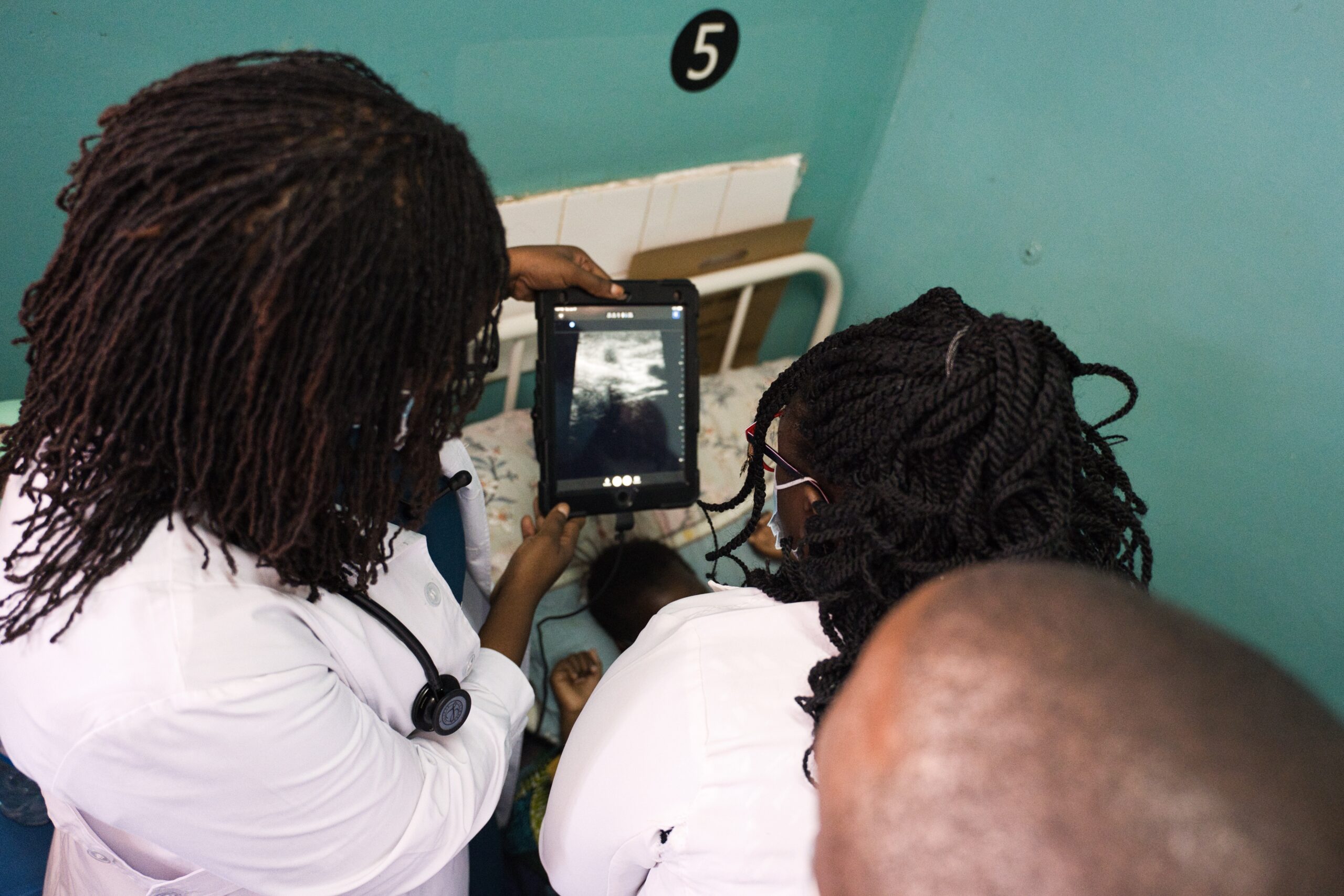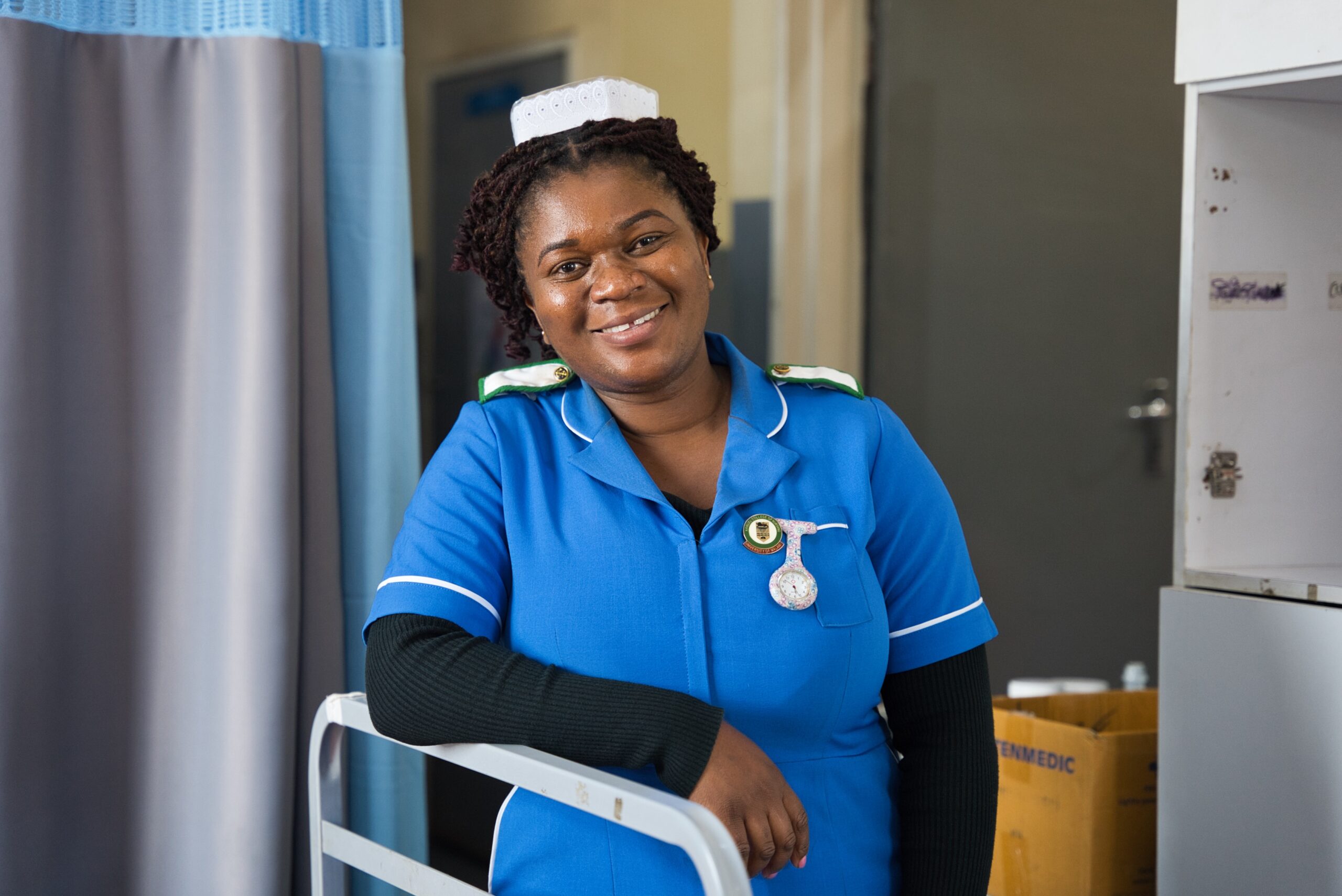
Respectful maternity care in Malawi: How Limbe health centre is promoting dignity in childbirth
“As a woman in labour, I would want privacy. I wouldn’t want to be exposed,” says Dalitsolanga Sokosa, a senior nursing officer at Limbe health centre in Blantyre, Malawi.
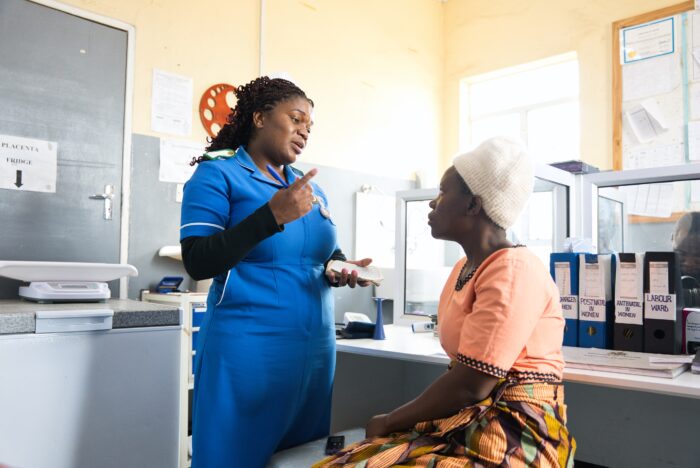
Limbe Health Centre is a primary healthcare facility that serves not only Blantyre but also neighbouring districts in the southern region of Malawi. It provides care to over 85,000 people every year. The facility provides a range of services, including sexual and reproductive health, maternal care, deliveries, children’s immunization, HIV/AIDS treatment, emergency services, and care for illnesses such as malaria and many more.
However, the facility stands out for its excellent delivery of maternal care. They have built a reputation that has allowed women to trust they will receive quality care from its staff. As a result, many travel from as far as Bangwe, Zingwangwa, Ndirande, and Soche which are over 12 kilometres away as well as from South Lunzu, which is 20 kilometres away for maternity at Limbe.
Transforming the birthing experience with privacy
Dalitsolanga speaks passionately about how the privacy provided to labouring mothers at Limbe has dignified their birthing experience. “This is a recent improvement to which Seed Global Health (Seed) has contributed to greatly.” she elaborates.

“This was impossible before,” she explains. “Women used to labour in an open space because the delivery ward had no partitions. This meant that if three women were in labour at the same time, they could all see each other. It wasn’t respectful.”
But with support from Seed, the facility has created private spaces where each woman can labour with dignity. She can even have a companion with her throughout the process, which is part of respectful maternal care, Dalitsolanga emphasizes.
“We used to have only two delivery beds, but now we have three, Seed added one more bed. We were also supported in demarcating the space with curtains to create private cubicles, so each woman can labour in privacy.”
Being a high-volume facility, Limbe Health Centre receives over 600 patients daily seeking various services. Previously, some women had to stand for long hours or even lie on the floor while waiting to be attended to.
“Seed supported us in getting chairs so women can now sit while waiting to be seen,” she says adding that while these may appear as small changes, they make a big difference.
These structural changes have increased the facility’s capacity allowing more women to be attended to at the same time, without compromising their dignity.
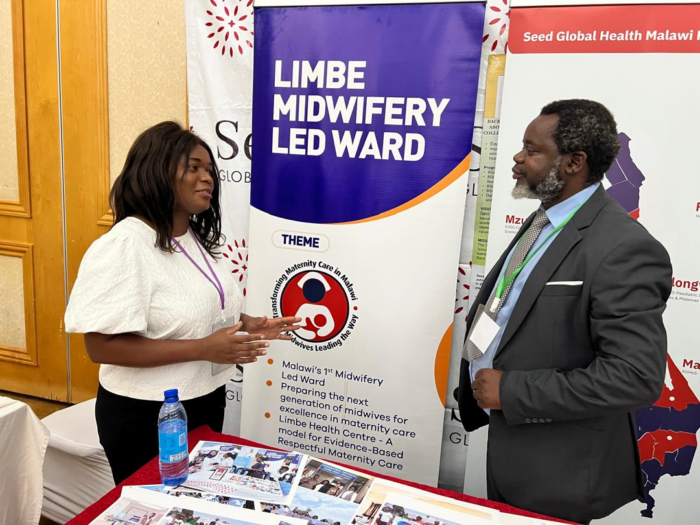
This is part of a huge shift in the way care is delivered to birthing mothers, with Limbe having the first midwifery-led ward in Malawi, a move established in November 2021. It’s leadership and service delivery are informed by midwives’ intimate understanding of the birthing process and newborn care. Since its revamp in 2021, Limbe has offered an unprecedented standard of care that ought to be replicated across other facilities.
From general nurse to midwife
“I was first trained as a general nurse, and after practicing for six years, I found myself increasingly drawn to reproductive health issues. I felt so strongly about it that I decided to go back to school and study midwifery,” Dalitsolanga reflects.
On her leadership
As a senior nursing officer, Dalitsolanga is responsible for supervising nurses, midwives, and support staff to ensure the smooth running of the facility.
“My job is to make sure every clinic has enough nursing staff, and that the quality of care provided to patients is excellent,” she says.
She and her team also prepare daily reports, which are sent to the district hospital and ultimately to the Ministry of Health. Each morning, they conduct staff allocations to ensure every clinic is covered, and all patients are attended to efficiently.
Challenges
“With over 600 patients per day, we are understaffed and lack sufficient space,” Dalitsolanga explains. On a busy day, there may be only 10 nurses and three clinicians available expected to serve all patients. That’s a ratio of one nurse or midwife to 60 people in her estimation. The labour ward has only three delivery beds, yet the facility handles an average of 9 to 12 deliveries per day.
The ward is also shared between antenatal and postnatal mothers and has only 13 beds available. This creates infection control challenges, particularly for newborns who share space with other patients increasing their risk of infections.
Managing the challenges
Despite the challenges posed by limited resources, Dalitsolanga stays positive, stating that they manage with what they have. She takes pride in the skills of the Limbe health centre’s nurses and midwives, who, she says, “can treat a wide range of conditions.”
To further address human resource gaps, the facility is a training site for hands-on training for midwifery students from Kamuzu University of Health Sciences (KUHeS) and other colleges within the southern region of Malawi. The students learn directly how to navigate common challenges while understanding systemic factors at work, preparing them well for service.
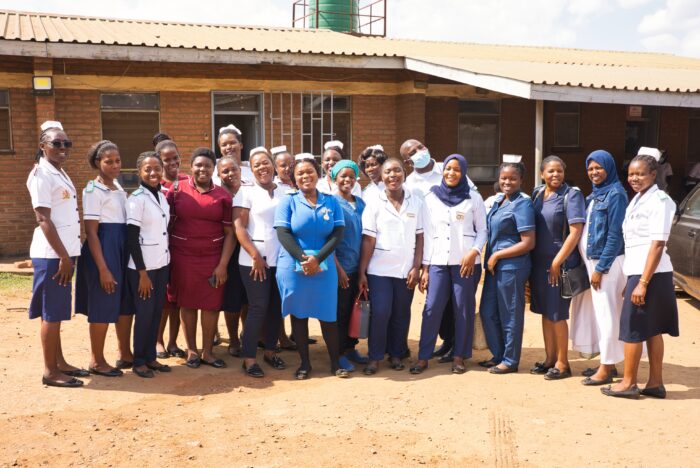
According to Dalistolanga, they learn through practice, and she credits Seed faculty for not only for training students but the staff as well and assisting with patient care, which eases the staff’s workload. With Seed’s partnership, Limbe Health Centre midwives have been trained in Basic Emergency Obstetric and Newborn Care (BEmONC) and ultrasound scanning. “The knowledge and skills we gained allow us to detect complications early and refer complex cases to Queen Elizabeth Central Hospital (QECH),” she explains.
The training of pre-service and in-service health workers is part of Seed’s mission to build the next generation of the health workforce and improve healthcare access for all.
To further improve maternal health outcomes, Limbe holds open days to educate the community about the range of services they offer for reproductive, maternal, newborn, and child health, and to encourage early medical-seeking behaviour.
“There are still some cases of home births in communities which is not safe. We emphasize the importance of delivering at a health facility under the care of professionals.”
Dalitsolanga’s passion for midwifery shines through as she reflects on her career: “Becoming a midwife was one of the best decisions I’ve made for my life.” She is committed to ensuring every woman delivers safely, without complications, and is proud of the work being done at Limbe health centre.
